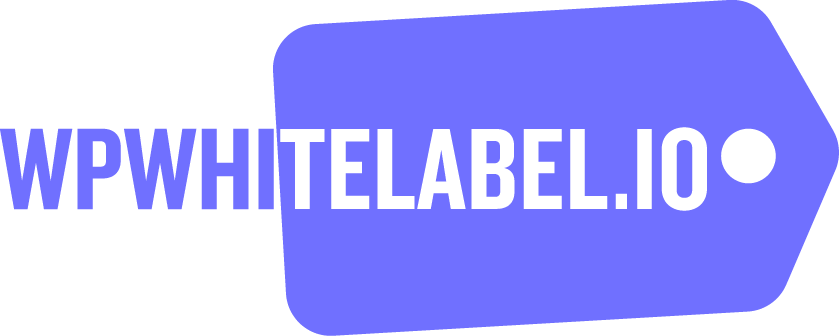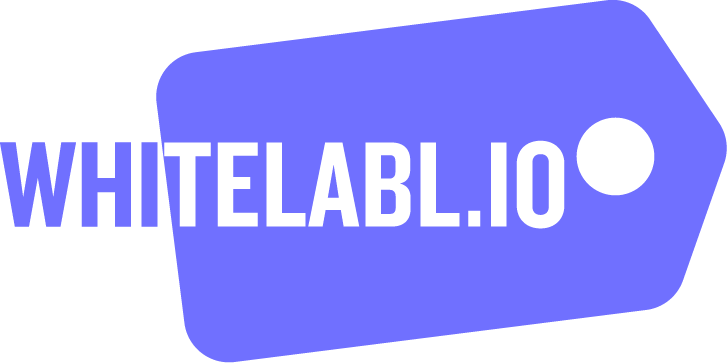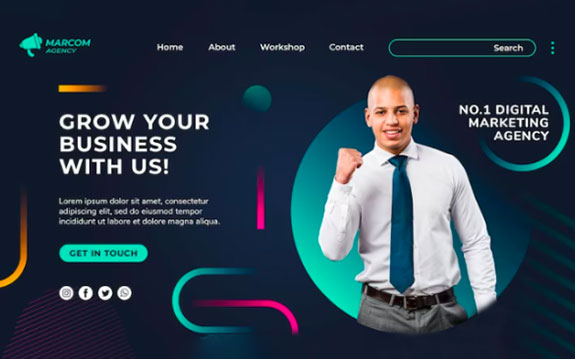Expanding your service offerings to include WordPress website design can significantly enhance your digital agency’s capabilities and attract a broader client base. However, building an in-house team can be costly and time-consuming. This is where a reliable white label partner comes in. By partnering with experts in white label WordPress website design, you can deliver high-quality, customized websites to your clients while focusing on your core competencies. In this blog, we will guide you through the entire process from concept to launch, helping you understand how to seamlessly integrate white label services into your agency’s portfolio.
What is White Label WordPress Website Design?
White label WordPress website design refers to the practice of outsourcing website design and development to a third-party provider who specializes in WordPress. The third-party provider creates the website on behalf of the agency, and the agency then delivers the finished product to their client under their own brand name. Essentially, the white label provider remains invisible, allowing the agency to take full credit for the work.
Benefits of White Label WordPress Website Design
Primarily, white label WordPress website design is highly cost-effective. Hiring a full-time, in-house team of designers and developers can be expensive, especially for a budding agency. By outsourcing to a white label provider, agencies can access a pool of experienced professionals at a fraction of the cost. This allows agencies to allocate their budget more efficiently, investing in other critical areas such as marketing and client acquisition.
Related: Cost-Effectiveness of White Label Website Design Services
Access to Expertise
White label providers bring a wealth of expertise to the table. These providers specialize in WordPress and have extensive experience in creating websites across various industries. This means that agencies can leverage the latest design trends, technologies, and best practices without having to spend time and resources on training their team. As a result, agencies can offer high-quality, cutting-edge websites to their clients, enhancing their reputation and client satisfaction.
Scalability
White label WordPress website design also offers scalability. As an agency grows, so does its client base and the demand for website design services. Scaling an in-house team to meet this demand can be challenging and time-consuming. However, with a white label provider, agencies can easily scale their operations up or down based on their needs. This flexibility ensures that agencies can take on more projects without compromising on quality or delivery timelines.
Focus on Core Competencies
Outsourcing website design further allows agencies to focus on their core competencies. Instead of getting bogged down in the technical aspects of website development, agencies can concentrate on client relationships, strategy, and other value-added services. This not only improves overall efficiency but also enhances the agency’s ability to deliver exceptional results to their clients.
Know more: White Label Figma to WordPress Conversion Services
The Process: From Concept to Launch
The first step in the white label WordPress website design process is understanding the client’s requirements. This involves conducting thorough consultations with the client to gather information about their business, target audience, goals, and preferences. Clear communication at this stage is crucial to ensure that the final product aligns with the client’s vision.
Planning and Strategy
Once the requirements are gathered, the next step is planning and strategy. The white label provider works closely with the agency to develop a detailed project plan, including timelines, milestones, and deliverables. This plan serves as a roadmap, guiding the project from concept to launch. It also helps in setting clear expectations and ensuring that all stakeholders are on the same page.
Design and Development
With the plan in place, the design and WordPress development phase begins. During this stage, the white label provider creates wireframes and mockups based on the client’s requirements. These visual representations give the client a preview of the website’s layout and design. After receiving client approval, the provider proceeds with the actual development, building the website using WordPress. Throughout this phase, regular updates and feedback sessions are conducted to ensure that the project stays on track.
Testing and Quality Assurance
Before launching the website, rigorous testing and quality assurance are performed. This involves checking for functionality, compatibility, performance, and security issues. Any bugs or glitches are identified and resolved to ensure a smooth user experience. Testing also includes reviewing the website’s responsiveness across different devices and browsers, ensuring that it performs optimally on all platforms.
Client Review and Approval
Once the testing phase is complete, the website is presented to the client for review and approval. The client has the opportunity to provide feedback and request any final adjustments. This collaborative approach ensures that the client is satisfied with the final product and that it meets their expectations.
Launch and Deployment
After receiving client approval, the website is ready for launch. The white label provider handles the deployment process, ensuring that the website goes live without any issues. This includes configuring the hosting environment, setting up domain names, and optimizing the website for search engines. Once the website is live, the agency can deliver it to their client, complete with their branding and logo.
Post-Launch Support
The role of a white label provider doesn’t end with the website launch. Post-launch support is an essential component of the white label WordPress website design process. This includes ongoing maintenance, updates, and troubleshooting to ensure that the website continues to function smoothly. Additionally, white label providers often offer training sessions for the client’s team, enabling them to manage and update the website independently.
Also read: DIY vs DIFM vs White Label Website Development
In Conclusion
White label WordPress website design is a powerful solution for digital agencies looking to expand their service offerings without requiring extensive in-house resources. It provides cost-effective access to expertise and scalability and allows agencies to focus on their core competencies.
From understanding client requirements to launch and post-launch support, the process is designed to ensure that agencies can deliver high-quality websites that meet their clients’ needs. By partnering with a reliable white label provider, agencies can enhance their reputation, grow their business, and achieve long-term success in the competitive digital landscape.
So, take the leap and explore the benefits of white label services – your clients and your bottom line will thank you.



